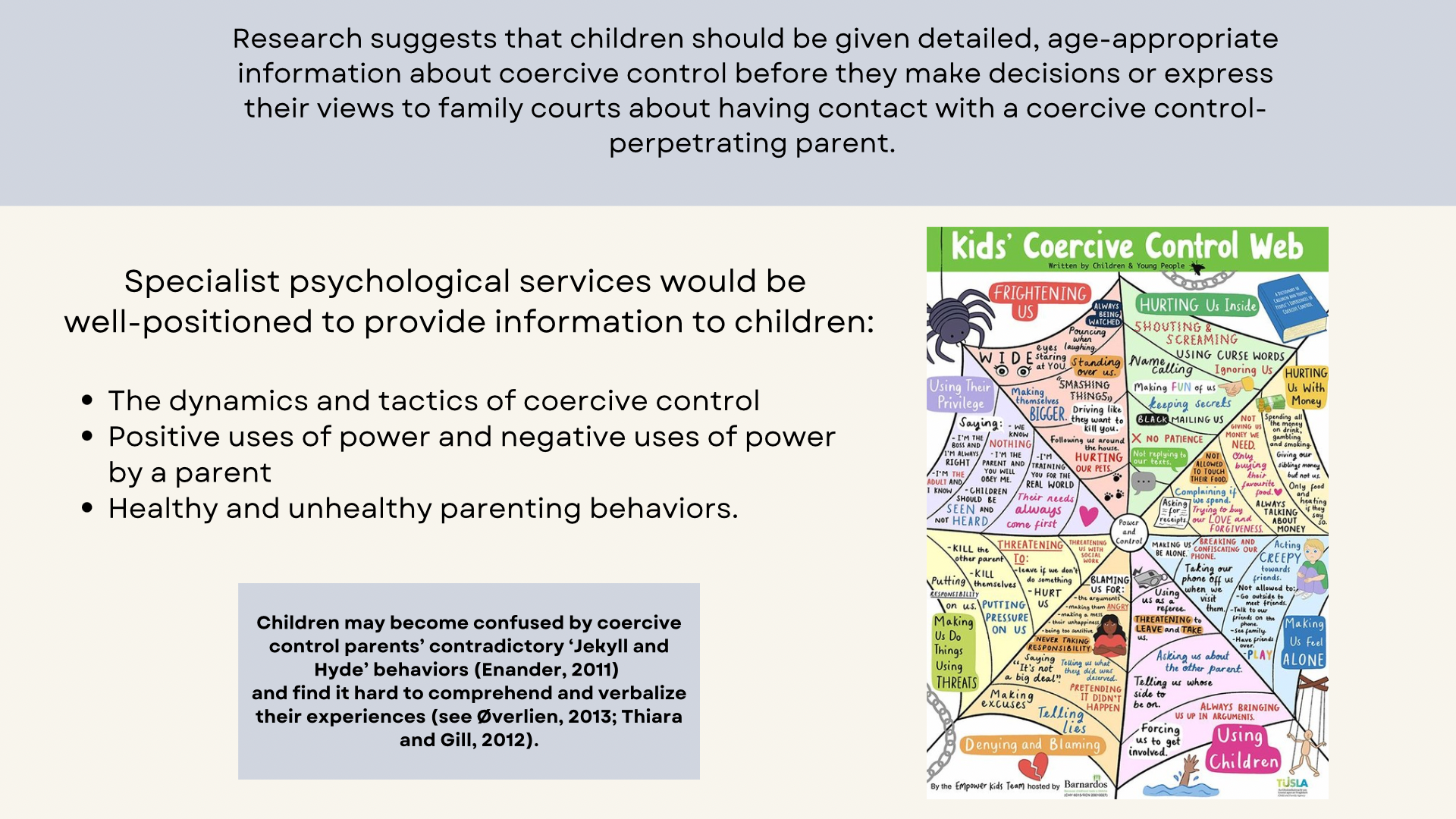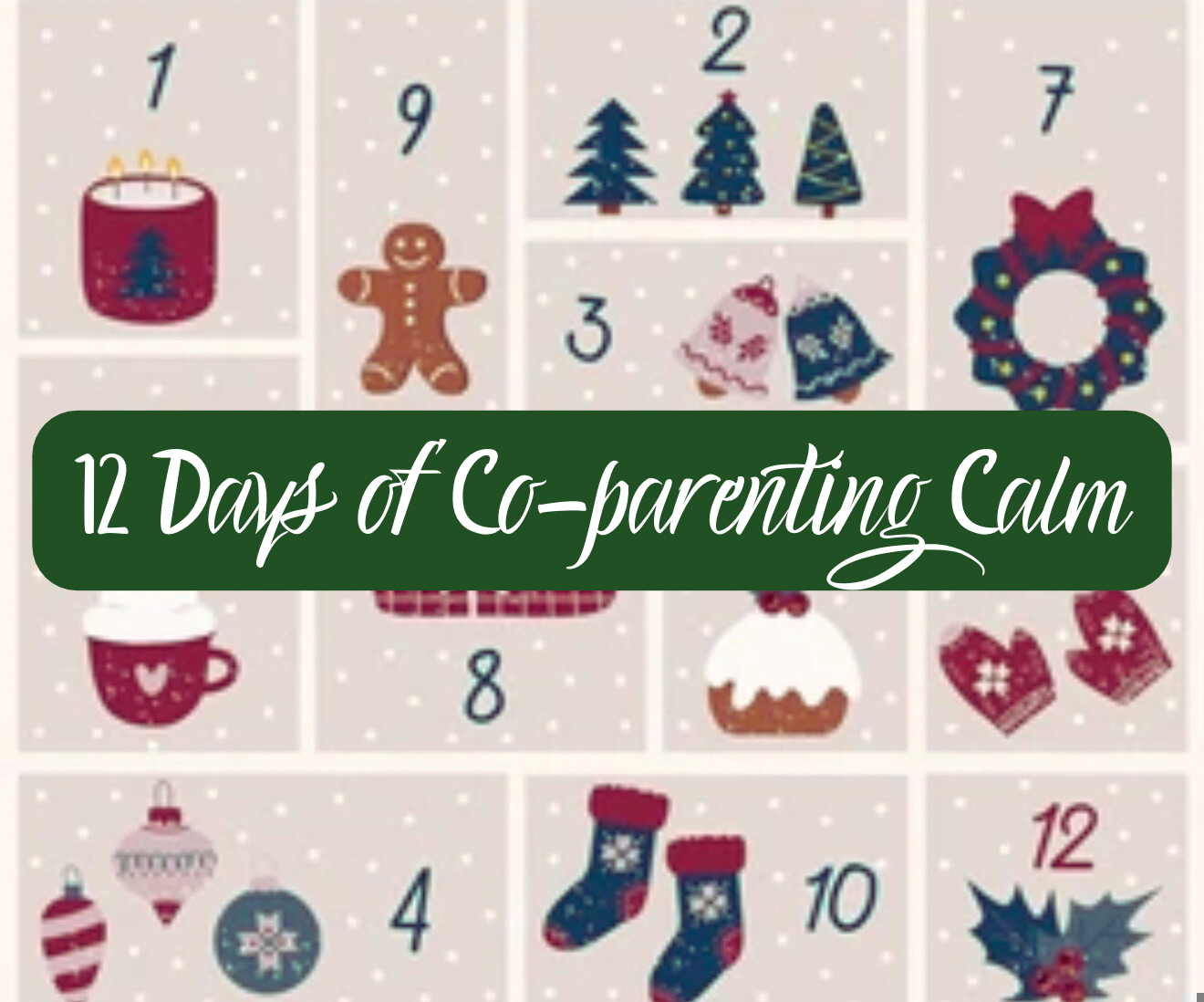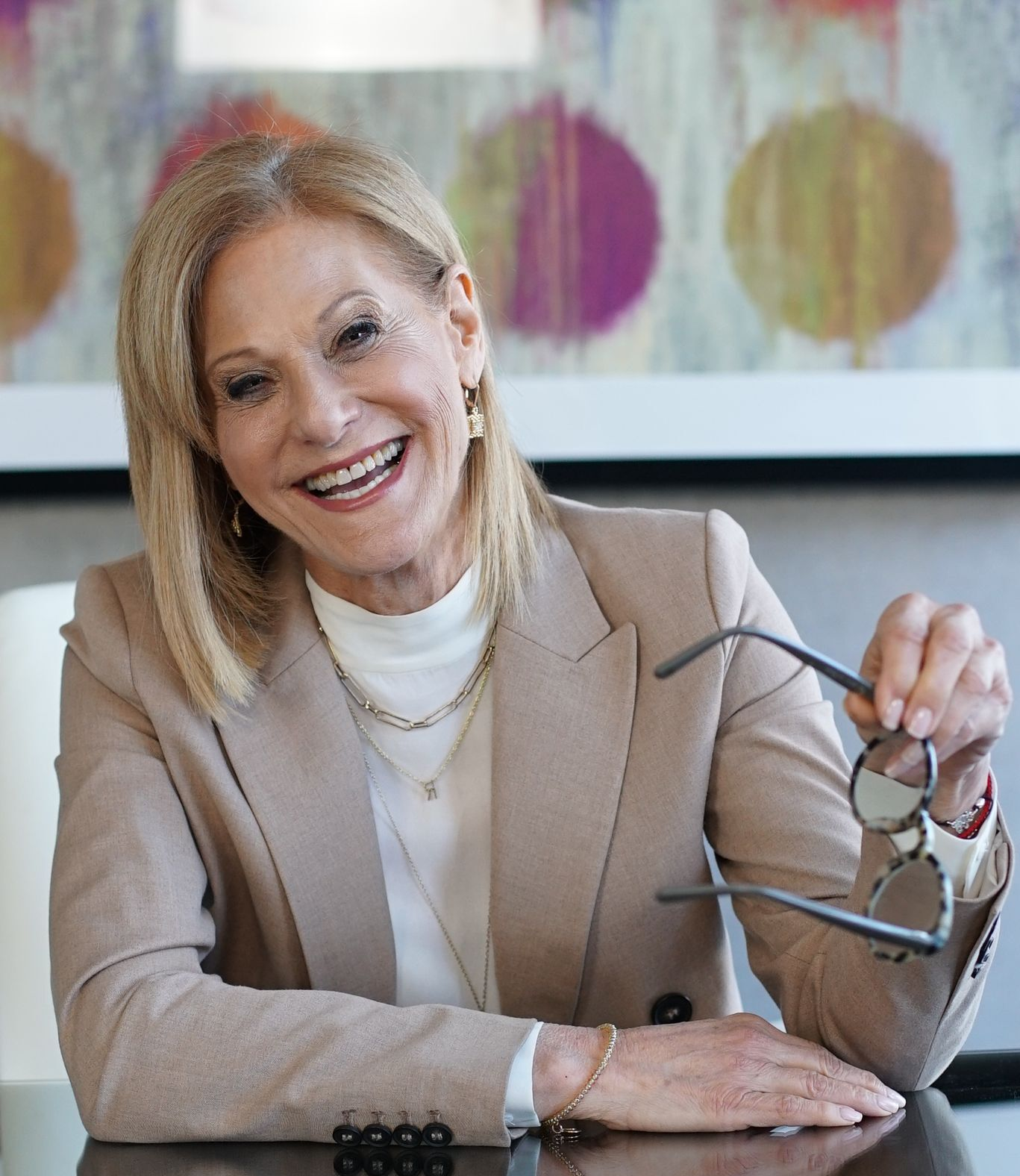By Dr. Deb Gilman
Creating Safer Parenting Plans That Actually Work
is never easy. (Groundbreaking insight, I know.) But when separation happens in the shadow of coercive control or intimate partner violence (IPV), “not easy” becomes “are we even in the same universe of difficult?” That’s why the collaborative divorce process can be so powerful—when done right.
But here’s the kicker: when coercive control or IPV are in play, collaboration needs to look different. It needs to be trauma-informed. It needs to protect. And most of all, it needs to center the kids.
Enter the Child Specialist: Not Just a Fancy Title
A child specialist is the emotional GPS of the process. They’re a neutral professional who meets with the kids and brings their voice into the room—without making them choose sides or sit through awkward adult drama. Think of them as the one person whose job is just to care about how the kids are doing, what they need, and how the parenting plan can support that. In cases involving coercive control, the child specialist becomes even more crucial. They can spot subtle dynamics that others might miss—like a parent undermining the child’s relationship with the other parent, or pressure that’s not technically “violent” but is deeply destabilizing.
IPV and Coercive Control: Why the Standard Playbook Doesn’t Work
Here’s the thing: collaborative divorce was designed for people who can sit at the same table and play nice-ish. But when coercive control is involved? That table can become a performance stage, and abusers often know exactly how to look cooperative while manipulating the process behind the scenes. So yes, collaboration is possible in these cases—but only if the professionals are trained to spot coercion, not just bruises.
This means:
- Separate meetings where needed
- Coaching for the less-dominant partner
- Adjusted timelines to reduce pressure
- Ongoing screening for safety
- And sometimes… an acknowledgment that full collaboration isn’t safe or fair right now
Making Parenting Plans That Aren’t Just Wishful Thinking
A parenting plan should not be a fantasy novel. It should be a clear, enforceable, detailed roadmap that accounts for the real power dynamics in the family.
That means:
- Built-in structures to prevent manipulation (like neutral drop-offs, third-party communications, and clear decision-making protocols)
- Flexibility for the child’s developmental needs—not the ego of either parent
- Input from the child specialist that’s actually reflected in the plan (novel idea, I know)
Bottom Line: Collaborative Divorce Isn’t One-Size-Fits-All
When it works, the collaborative process can be transformative—even healing. But when IPV or coercive control are involved, the process needs to adapt, not pretend it’s business as usual. With the right professionals (and that includes a solid child specialist), it can still lead to better outcomes for kids and a more stable post-divorce reality.
Because at the end of the day, it’s not about “winning” the divorce. It’s about protecting the kids, reducing harm, and maybe—just maybe—starting a new chapter that isn’t ruled by fear.











